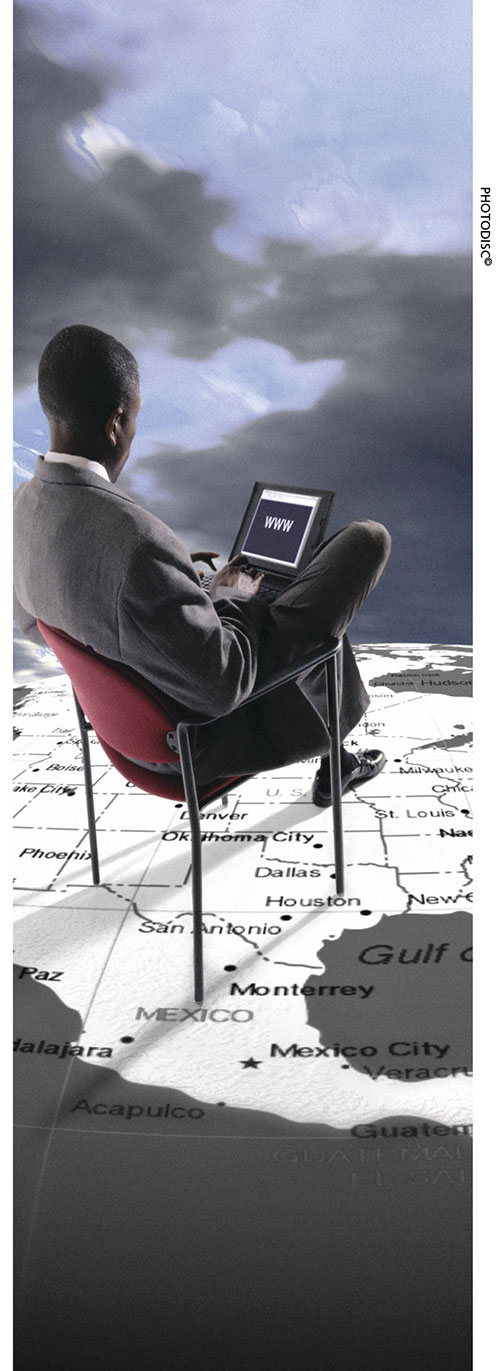NEW FRONTIERS

CANCER CURE Russia recently announced that its experimental cancer vaccine Enteromix successfully completed preclinical trials, demonstrating safety and efficacy.
Head of the Russian Federal Medical-Biological Agency (FMBA) Dr. Veronika Skvortsova revealed at the Eastern Economic Forum (EEF) that the vaccine reduced tumour size and slowed progression by between 60 and 80 percent in animal studies with survival rates also improving.
Though some reports claim 100 percent efficacy, these remain unverified.
The first target for Enteromix is colorectal cancer with additional research underway on glioblastoma and melanoma. FMBA says the vaccine is ready for use pending official approval but experts caution against premature optimism.
Consultant Medical Oncologist Dr. David Pinato of London’s Imperial College notes that preclinical results (typically in animals) can’t predict human outcomes. Even if early stage human trials are underway, their primary purpose is to test safety, not efficacy.
Scepticism remains over the lack of peer reviewed data and clarity on development stages. While the vaccine shows promise, its future hinges on rigorous clinical trials. For now, Enteromix represents Russia’s ambitious biotech push but whether it becomes a true game changer remains to be seen.
AI AMBITIONS The UAE recently unveiled K2-Think, which is a compact but powerful AI model that challenges giants such as OpenAI and DeepSeek.
Developed at the Mohamed bin Zayed University of Artificial Intelligence (MBZUAI) in Abu Dhabi and backed by Emirati tech conglomerate G42, the model is open source and optimised to run on Cerebras chips, and provide an alternative to NVIDIA’s dominance.
With 32 billion parameters, K2-Think is far smaller than models that boast more than 200 billion parameters. Yet, researchers say it performs on a par in advanced reasoning tasks. Unlike standard large language models (LLM) that synthesise information quickly, K2-Think excels in simulated deliberation by breaking problems into steps and verifying outcomes through reinforcement learning.
President of MBZUAI Prof. Eric Xing calls it a “technical disruption” and highlights the breakthrough in making smaller systems function like far larger ones. The model was trained on thousands of graphics processing units (GPUs) and hundreds of specialised chips with plans to expand it into a full LLM soon.
K2-Think’s launch underscores the United Arab Emirates’ ambition to cement its place in the global AI race by joining the US and China, in shaping the technology’s economic and geopolitical future.
BLUE SKY OVER X Marine conservation biologist Dr. David Shiffman built his reputation as one of the earliest scientists to embrace social media for professional engagement.
He trained over 2,000 early career researchers on how to use Twitter (now, X) for networking, sharing papers and reaching the public. Shiffman has now shifted his focus to Bluesky.
Bluesky is a decentralised social media platform that emerged as an alternative to X, and is gaining momentum among academics, researchers and journalists looking for a healthier digital ecosystem.
For Shiffman, it represents a reset as well – a chance to revive the collaborative idea sharing culture that once defined science on Twitter before its fragmentation.
As scientists search for digital spaces that balance credibility with reach, his move signals a broader trend in how professionals are adapting to changing tech landscapes. Platforms such as Bluesky can become vital tools for global knowledge exchange, provided they attract the critical mass of engaged users needed to sustain meaningful conversations.
BLEISURE BLOOMS Business and leisure (‘bleisure’) travel is being redefined by professionals the world over and increasingly blurring the lines between the two.
For Nigerian production designer Anita Ashiru, whose set designs power Afrobeats stars such as Davido, the continent’s expanding air connectivity is the key.
New intra-African routes serviced by South African Airways (SAA), and long haul services by carriers such as Delta Air Lines and United Airlines, are making it easier to shuttle between Lagos and Johannesburg, and farther – routes that barely existed a decade ago.
This mobility trend extends far beyond Africa. Delta is betting on Brazil’s booming corporate market and launching new Boston to São Paulo flights while strengthening its Rio network with partner LATAM Airlines.
London based Jesse Bernard, who runs projects across Rio’s thriving music scene, says these routes are filled with professionals rather than tourists.
In Asia, the content creator economy is driving a different wave of travel. LA content creator Roger Ma regularly flies to Seoul for ‘K-beauty’ events since airlines such as Air Premia and Korean Air have scaled up services between the US and South Korea.
The rise of ‘bleisure’ means itineraries that once signalled clear business or leisure travel no longer fit neat categories.
As aviation experts note, the consultant class Monday to Thursday work trip has given way to longer blended stays that are reshaping global business travel. Flexibility and connectivity are now as critical as traditional business destinations.





